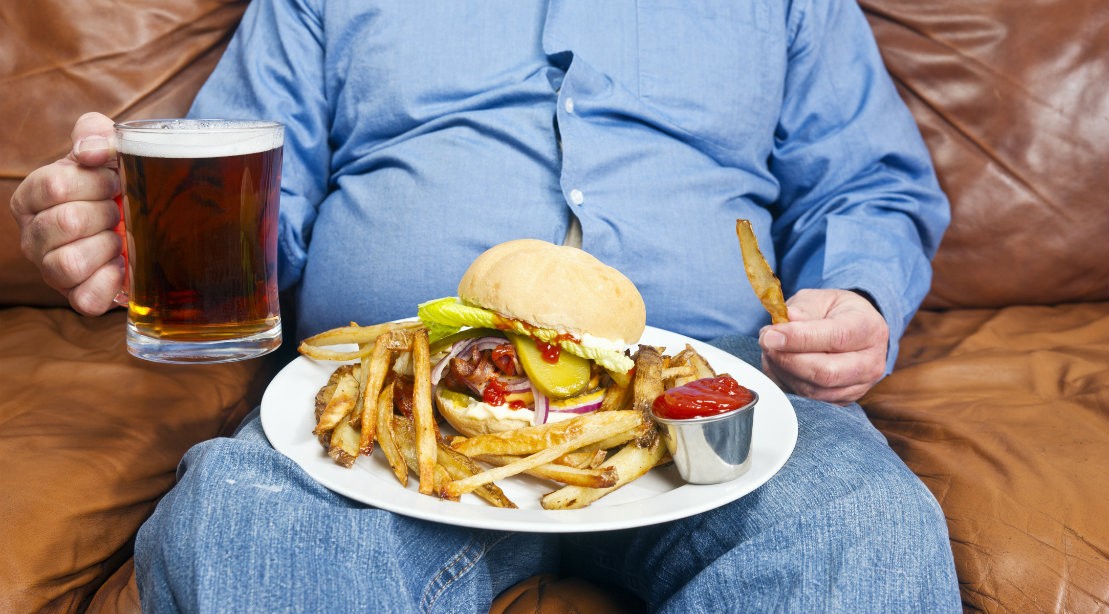
How Isolation Can Affect Mental Health
As countries across the globe hunker down, long-term isolation can have profound physical and psychological effects. In Texas alone, as with the United States in whole, isolation will affect about half of the population with cases of anxiety and even depression, or both.
As the Coronavirus pandemic continues, millions of people are coming to terms with being increasingly cut off from society. Loneliness is a feeling of sadness or distress about being by yourself or feeling disconnected from the world around you. It may be felt moreover a long period of time. It is also possible to feel lonely, even when surrounded by people.
Isolation is being separated from other people and your environment. Sometimes this occurs through decisions we make ourselves, or because of circumstance like doing a job that requires travel, relocation, or currently, it may be due to the Coronavirus.
Beyond the inconvenience of working from home, or not being able to go to bars, restaurants or movie theaters, however, therapists have found that social isolation can have a profound effect on people’s physical, as well as mental health.
Long-term, isolation even increases the risk of premature death. By some, we can also label this phenomenon as a social recession to match any economic downturn also caused by the growing pandemic and it can have profound physical and psychological effects.
People who are more socially connected show less inflammation, conversely people who are more isolated and lonely show increased chronic inflammation. Chronic inflammation has been implicated in a variety of chronic diseases such as prolonged anxiety and depression.
What do Statistics Tell Us about Isolation?
Loneliness increases earlier death by 26%, social isolation by 29% and living alone by 32%. With that being said, a period of a few weeks in isolation should not lead to the inflammation of severe mental health issues. Yet, many people will still see an impact on their health, however.
One of the reasons people can suffer in social isolation is because personal relationships can help us cope with stress.
The ongoing uncertainty of what’s going on right now in the world, your body’s response to that may differ. Depending on the extent to which you feel like you have the resources you need to cope with that. And that in large part may be dependent on whether or not you feel like you have others in your life you can rely on; that you’ve got someone who has your back or you can count on, or you can get through it together.
The fact is that short periods of isolation can cause increase anxiety or depression within only days.
Traditional Reasons that You may Feel Lonely or Isolated include:
- Losing a loved one or friend through death or relocation
- Lack of close family ties
- Living alone
- Difficulties in meeting new people due to access issues, having an introverted personality, or feeling like you don’t belong
- Feelings of loss or grief
- Poor physical health, frailty, mobility issues
- A mental health condition such as depression or anxiety
- Fear of rejection from others or feelings of being “different” or stigmatized by society
- Inability to participate in activities due to access issues, mobility, illness, transport
- Retirement from work, home relocation, starting out in a new role or community
- Lack of purpose or meaning in life
- Language or cultural barriers, or reduced connection with your culture of origin
- Geographic isolation
- Feeling lost in the crowd
Texas is a Community-Driven State
We have evolved to be social creatures. For all the history of humanity, people have been in family structures, people have been in groups, we’re evolved to kind of crave and rely on that interaction with other human beings. Most therapists realize and understand the importance of socializing.
The paradox is that yes, the quarantines and isolation may help our physical exposure to the Coronavirus. While on the other hand, Texas is one of the most social states where people love to gather, watch sports, go on family outings, and places of worship.
So, when we don’t have that it’s a huge void in the way that we go about being human. This is something that has been kind of hard-wired into who we are as beings.
Texting, video calling, or even the phone could potentially help avert the sense of isolation or loneliness but it isn’t the same.
Tech isn’t a perfect substitute but it is a temporary solution, in the short-term. Physical contact, being face-to-face with people, there’s all sorts of subtle social cues that we pick up on that we rely on, that are ingrained in us over generations in Texas.
We do think you can get part of the way there by engaging with others digitally. We think the richer the format, probably the better – so a phone call is better than a text, a video conference is probably better than a phone call.
What did our team decide to do given the health crisis? We immediately integrated a “telehealth methodology” consisting of video conferencing to meet our patients, see their faces, and interact as much as humanly possible during this challenging period. As well all know, this too, will eventually pass.
How Does Loneliness and Isolation Affect Your Mental Health?
Everyone feels lonely from time to time, but long periods of loneliness or social isolation can have a negative impact on your physical, mental and social health. Some signs include:
- Physical symptoms: aches and pains, headaches, illness or worsening of medical conditions
- Mental health conditions: increased risk of depression, anxiety, paranoia or panic attacks
- Low energy: tiredness or lack of motivation
- Sleep problems: difficulty getting to sleep, waking frequently or sleeping too much
- Diet problems: loss of appetite, sudden weight gain or loss
- Substance abuse: Increased consumption of alcohol, smoking, medications, drugs
- Negative feelings: feelings of worthlessness, hopelessness or thoughts about suicide
The Most Vulnerable to Isolation?
Over time, almost anyone and everyone can be vulnerable to loneliness and isolation. Oftentimes, and for a variety of reasons, older people tend to be the most vulnerable in these situations.
Older people, who are more at risk of the Coronavirus, may be less technologically savvy, and may have fewer connections to begin with. They might not be able to video conference or even send a text message. Family members and friends must remain diligent by reassuring them that help is just about everywhere.
We truly want to make sure that all of us our reaching out to the older generations around Texas, the elderly, and ensure that they’re doing OK. It is important that they know there are still people looking out for them, that they’re bonded with, and that they’re connected with.
How to Seek Professional Help and Support?
If loneliness and social isolation are causing you, a loved one, a family member or a friend distress during these challenging times, please contact one of our professionally licensed counselors today, at Foundations Counseling.

















